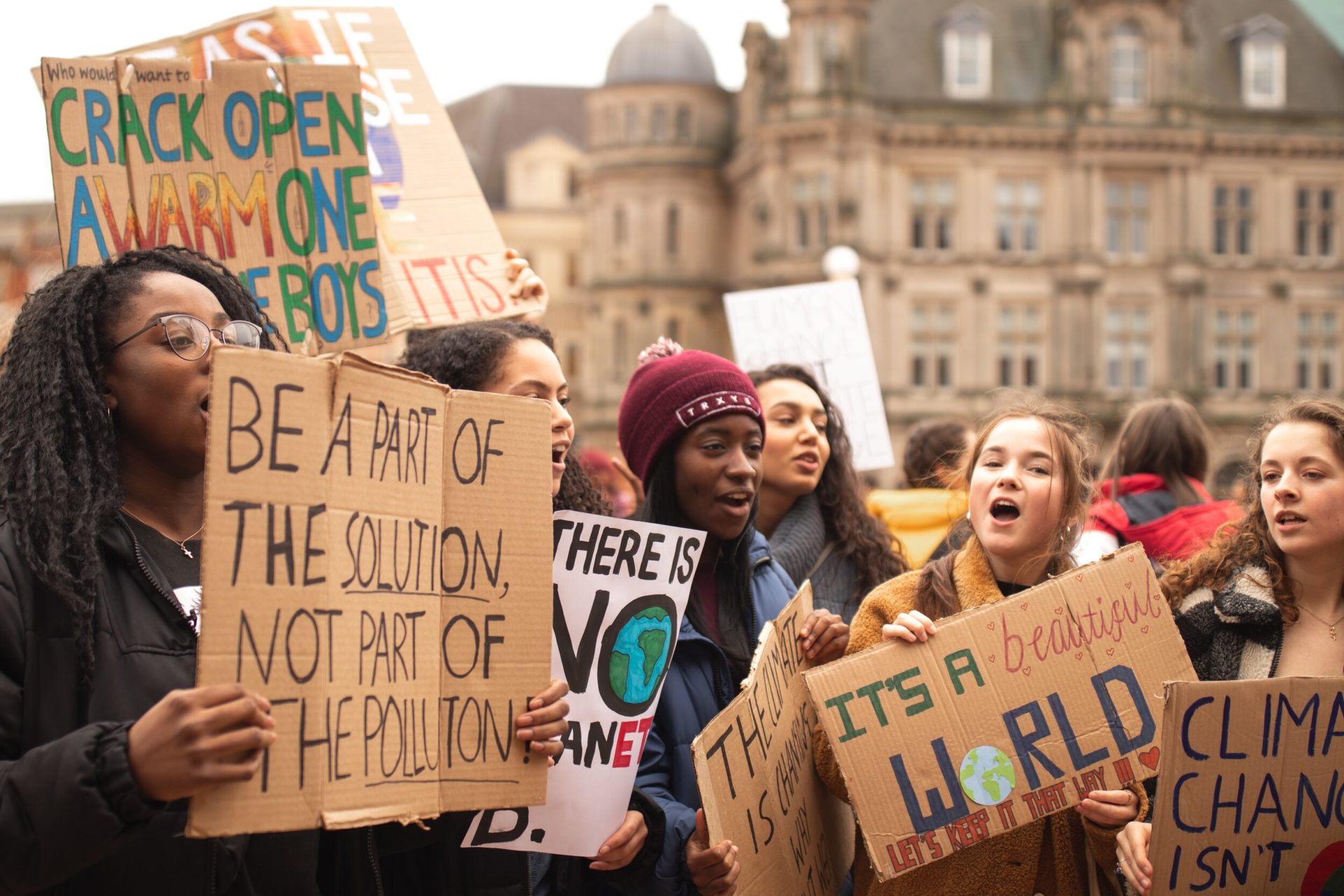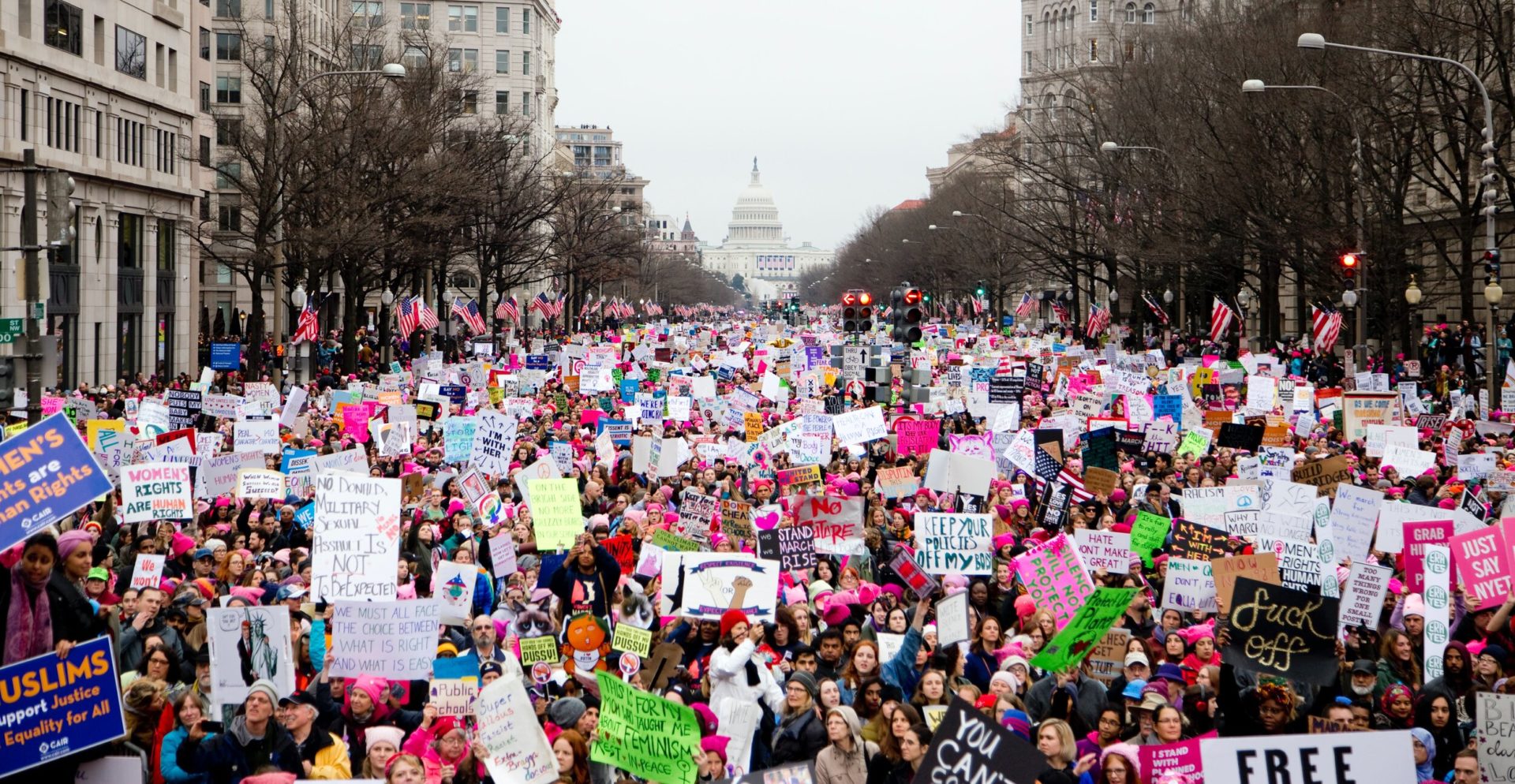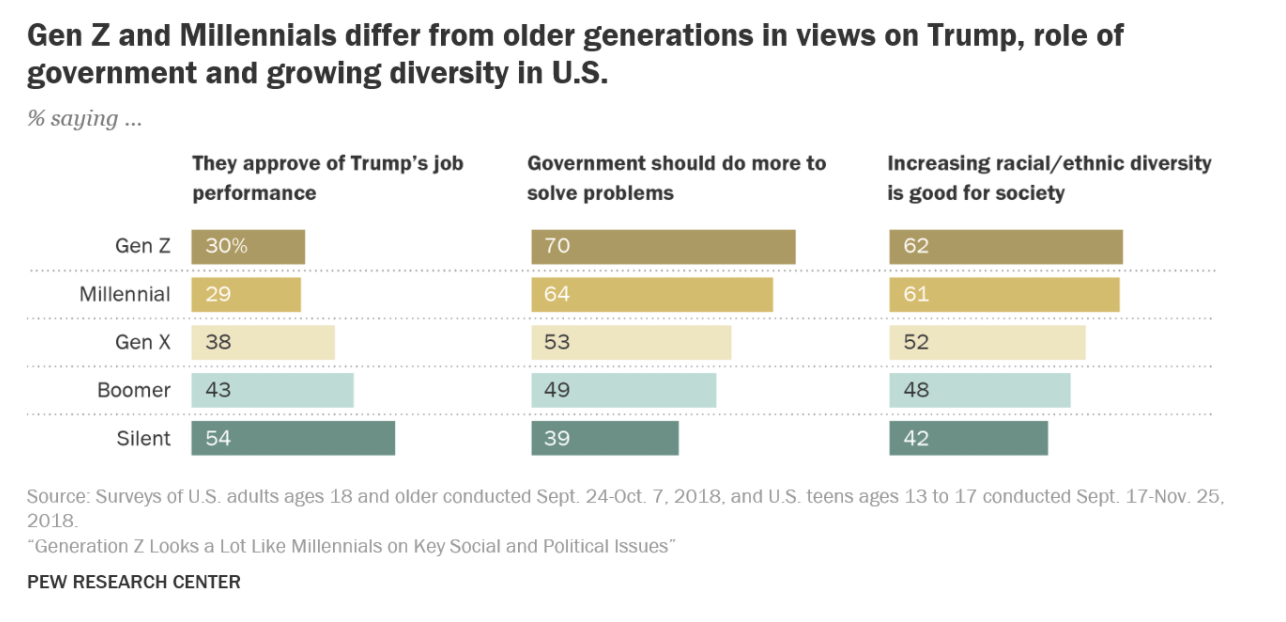
In the summer of 2016, as I watched the Republican Party nominate Donald Trump for president, I nervously sent a text message to my parents that I had been avoiding sending. It read, “Please tell me you guys don’t support this guy.”
My parents are lifelong Republicans. They grew up in a solidly Red state in the South. They began their life together during the Reagan Era. My father worked hard as a successful businessman, providing an abundant life for my siblings and me. As devout Catholics, my parents are unwavering in their faith and pro-life beliefs. They are good people, and definitely conservative.
I grew up watching them support Bush, then McCain, then Romney. In 2008, when Obama was elected, my parents expressed happiness that the country could elect a Black man as president, but they strongly disagreed with his views. When Obama was re-elected in 2012, I remember my mom saying he would “tax us to death.”
On the other hand, my older brother, sister, and I are unapologetically Democrats. Our opinions vary on specific topics, but on the whole, we lean progressive. I recognized at a young age that I disagreed with my parents’ political beliefs. As a result, we typically avoided discussing politics in our family, beyond the occasional joke about the irony of two Republicans raising three Democrats. But maybe it’s not so ironic.
See, my siblings and I grew up being sold on a particular idea of America. We were told that this was the greatest country in the world. America’s possibilities were endless, and if you worked hard enough, you could achieve anything. We were taught that America’s strength lies in its diversity and that anyone from anywhere could come to our country and build a better life.
The older we got, the more apparent that this vision of America was fiction. I was only 13 during the economic collapse of 2008, but my siblings were 23 and 21. They were finishing college, and it was clear that they would have a hard time building a successful career due to the economic circumstances. The American Dream, for them, seemed out of reach. I remember hearing my father say that millennials would be the first generation not to experience the same economic prosperity as their parents.
Fast-forward: I was 17 when the Aurora, CO theater shooting happened. Twelve people died, and 70 were injured while watching the new Batman movie. I didn’t go to a movie theater for over a year. To this day, when I go to the movies, it is an anxiety-filled experience. I keep a close eye on each person who enters and leaves the theater. Aurora left a permanent mark on my psyche.
A few months later, the Sandy Hook Elementary shooting happened. 27 people died that day, including 20 children. Now even school wasn’t safe. In the United States of America, the greatest country in the world, children can be killed just by going to school. This was a fact I became keenly aware of.
That same year, Trayvon Martin was shot and killed by George Zimmerman. He was walking in his own neighborhood but seen as a threat because he was a young Black man wearing a hoodie. George Zimmerman was acquitted. Justice was not served.
Two years later, I was 19 when Michael Brown was shot and killed by police officer Darren Wilson. No charges were filed. Again, justice was absent. America no longer seemed like a country of endless possibilities. It seemed like a dangerous place where racism and violence were the norms.
These events happened during my formative years. They shaped my view of my country. By the time I was 21, preparing to vote in my first presidential election. I knew that the America I was taught about as a child is not the America I live in. Racism is still alive and well. Climate change remains a real danger that has not been adequately addressed. Neither has gun control. Economic inequality has only grown. All of this influenced my generation’s approach to politics.

My situation is not unique. Millennials and Gen Z’ers have grown up witnessing a shift in American culture that our parents seemed unaware of. Many of my peers have conservative parents. We grew up in similar circumstances and raised with the same moral values. Though our parents held conservative economic views, we were (for the most part) taught to be kind and accepting of all people. We were taught to care for the poor and give when we can. We were taught that discrimination in all forms is wrong.
My peers and I watched in horror as the Republican Party – the party many of our parents belonged to – nominate a man who espoused views that went against nearly every value our parents taught us. So when I nervously texted my parents in 2016, asking if they would support Donald Trump. One can only imagine my relief when my mom replied, “Of course not!” and my dad replied, “Absolutely not!”.
My parents did not become Democrats that year. They still aren’t. They can best be described as Independents. They chose not to vote in the 2016 election, but their rejection of a so clearly immoral man began a dialogue that brought our family closer together. They placed country over party, morality over ideology. At the very least, I knew my parents and I were working off of the same moral framework, a luxury not all of my peers have had during Trump’s presidency.
Over the past four years, my family’s group chat has become a lively forum for politics. We have come to understand and respect one another’s politics in a way that I never thought possible. We certainly don’t agree on everything, but we agree on a lot. My parents won’t support Medicare for All anytime soon, but they certainly won’t be voting Republican ever again. In fact, in the 2020 election, my parents are proudly voting for Joe Biden.
Have my parents abandoned their conservative values? Absolutely not. They still believe in capitalism and free trade. They are pro-business. They are pro-life. However, they recognize issues just as pressing as protecting the unborn, such as climate change, gun control, and racial justice. In fact, over the past few years, my mom has attended March For Our Lives and Black Lives Matter events.
During this same time, I have watched our country become even more divided. I have seen families fall apart, as children refuse to speak to their parents, or parents refuse to talk to their children. I’ve been blocked on social media by members of my extended family. I’ve listened to friends who are exasperated by their parents’ political views. Others have avoided discussing politics with their family altogether. Claudia Conway has not gone viral solely because she shares gossip about the president. She has gone viral because so many Millennials and Gen Z relate to her. Progressive young adults with conservative parents who won’t listen. Our country is not only divided ideologically. It’s divided generationally.

So, what was so different about my family? Why have we grown closer while other families have fallen apart? Yes, my parents’ early rejection of Donald Trump played a role. But there’s more to it.
My parents were willing to listen and recognize that the country we are living in today is not the one they grew up with. They know that their generation’s opportunities and prosperity will likely not be provided to my generation. They recognize that climate change will have a severe impact on their children and grandchildren’s lives. They also acknowledge that the Republican Party has failed to address these issues.
Instead of lecturing us for supporting progressives like Bernie Sanders and Elizabeth Warren – with whom they disagree – they listened to our ideas. They respected their children’s positions and our ability to make up our own minds. They have fostered a positive environment in which everyone’s thoughts have value.
As the election nears, it’s becoming more and more likely that Joe Biden will win. While this comes as a relief to my family and my millennial peers, our country will still be just as divided after the election. Donald Trump will not be around forever. So, what comes next for our country? How do we begin to heal? I believe it starts with our familial relationships.
So, here is my pitch to conservative Baby Boomer parents: listen to your children. Listen with an open mind and heart. Think about how the world has changed since you were young. Think about the challenges your children and the world are facing. Think about the world you want to leave behind for your children and grandchildren. You don’t need to agree with everything they say, but at least respect where they are coming from. They are not living in the same America that you grew up in.
And Millennials: give your parents a chance. They might surprise you. Have the hard conversations. Don’t shy away from politics. Tell them exactly what our generation is facing. Be honest and understanding that you are experiencing two different Americas.
My generation and my parents’ generation have experienced very different realities. These realities have resulted in very different approaches to politics, and that’s okay. We still have the same moral values. In realizing that we share the same morals, we can better understand and respect each other’s politics. We have discovered that conservatives and progressives can coexist. They can even end up voting for the same candidate when the circumstances are right.
Our country cannot continue on this path of division. We must come together and try to understand one another. We will only begin to heal when families start talking again. That all starts when both sides are willing to listen.
______________________________________________________________________________________________________________________






